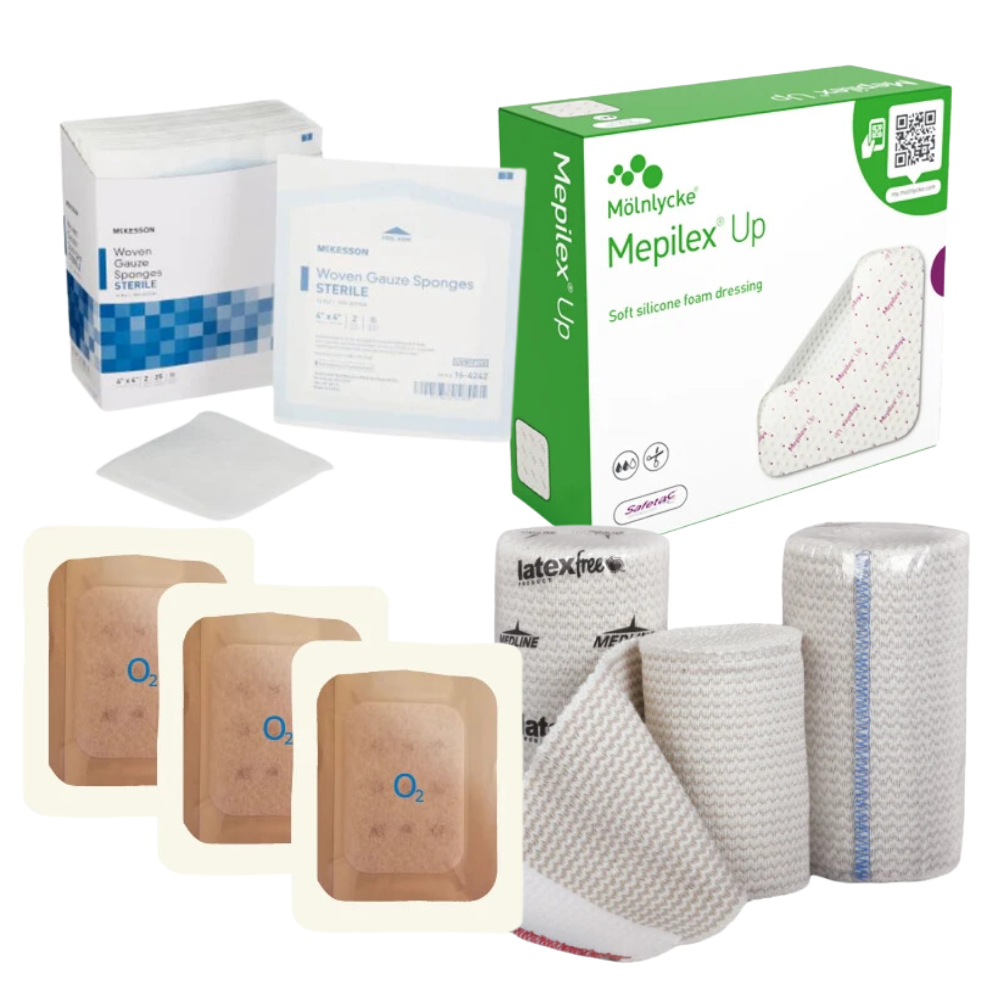
Mental health refers to our emotional balance, cognitive functioning, and ability to handle life’s challenges with resilience and clarity. In today’s fast-paced world, prioritizing mental well-being is no longer optional—it’s essential.
🌿 Key Pillars of Mental Health 🌿

🧩 Cognitive Functioning
The capacity to think clearly, reason effectively, and process information helps us navigate daily tasks and long-term goals. When we nurture our cognitive health, we improve focus, decision-making, and overall performance.

💖 Emotional Well-being
This involves recognizing our feelings, managing stress, and practicing emotional self-care. Mental wellness flourishes when we tune in to our emotions and respond with kindness and balance.

🧘 Self-Awareness
Understanding yourself, acknowledging your needs, and knowing your limits are central to mental resilience. Self-awareness opens the door to healthier coping mechanisms and lifestyle choices.

👥 Healthy Relationships
Positive relationships offer emotional support, reduce isolation, and contribute to a strong mental foundation. Investing in quality connections with others enhances both emotional and social health.
How to Improve Mental Health
Improving mental health doesn’t require a complete life overhaul. Small, intentional steps can lead to lasting change. Here are some powerful ways to enhance your emotional wellbeing:

1. Seek Help When Needed
If you’re feeling overwhelmed, empty, or worthless, don’t go through it alone. Talk to a friend, family member, or a licensed mental health professional.
Mental health support is available, and asking for help is a sign of strength.

2. Practice Mindfulness
Mindfulness means being present in the moment without judgment. It improves focus, reduces anxiety, and helps you make better decisions. Try meditation, breathing exercises, or mindful walking for a few minutes daily.

3. Exercise Regularly
Physical activity is one of the most effective natural mood boosters. Just 30 minutes of walking, dancing, or any movement can increase endorphins and reduce stress and anxiety levels.

4. Manage Stress Effectively
Chronic stress affects both your mental and physical health. Practice stress management techniques such as deep breathing, journaling, setting boundaries, or talking it out. Training your mindset with positive thinking builds resilience.

5. Take Breaks and Recharge
Rest is essential for a healthy mind. Whether it's a weekend getaway, a relaxing hobby, or simply unplugging from technology, give yourself permission to rest and recharge.

6. Build Mental Strength
Mental strength doesn’t happen overnight. Train your mindset to stay calm during pressure, adapt to change, and see challenges as opportunities for growth. Daily habits like gratitude, reflection, and discipline can build long-term resilience.
Your Mental Health Matters
Improving your mental health and emotional wellbeing is a journey, not a destination. By practicing mindfulness, seeking support, exercising, and setting healthy boundaries, you take powerful steps toward a healthier, more balanced life.
Remember, you are not alone—and it’s okay to ask for help.



